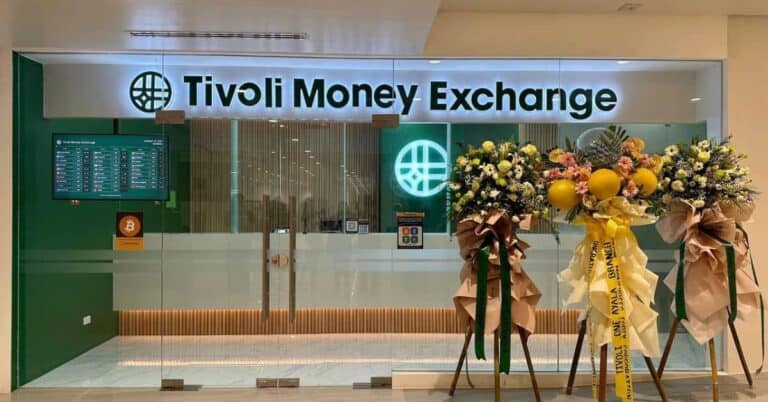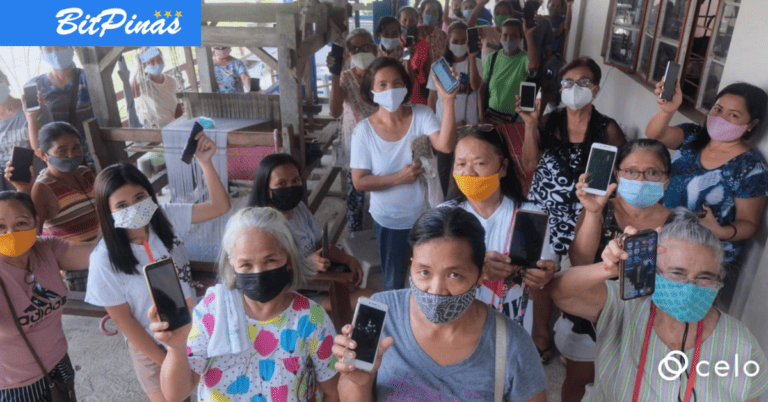Philippines SEC Upholds PSE Delisting of Calata Corp
The Philippine Securities and Exchange Commission has uphold the PSE delisting of Calata Corp, the firm that once announced “Calcoins” in 2017.

January 22, 2019. More than a year after the Philippine Stock Exchange (PSE) delisted embattled agrifirm Calata Corp, the Securities and Exchange Commission (SEC) has upheld the PSE delisting decision, including repercussions against Calata’s key personnel.
Calata Corp has violated a number of disclosure rules governing publicly listed companies in the Philippine Stock Exchange. Most notably, it failed to disclose trading activity of its key personnel in 2016 and 2017, a fact that must be disclosed to minority shareholders within 5 days of the transaction.
Calata Corp also violated rules that do not allow key personnel to trade Calata shares at the time when they are the only ones in possession of information that could significantly affect the behavior of its stock price.*
*As an example, consider a publicly-listed company who is about to sign a major deal with the government. Information like that, when made public, could significantly affect that company’s stock price positively, sending the price going up. Such things must be announced beforehand or else only those key personnel will have benefitted from a stock price movement upward since they bought more shares before the news was disclosed.
Mr. Joseph Calata, the chief executive of Calata Corp is banned in perpetuity to sit in the board of any PSE-listed company. Other members of Calata Corp’s board are banned for five years.
The PSE offered the route of voluntary delisting to Calata on the condition that it will buy back the shares of the minority shareholders. Mr. Calata rejected the offer saying that it could cost his company Php 1 billion.
In a surprising turn of events, which was chronicled here at BitPinas, Joseph Calata turned to cryptocurrency, with the announcement of taking Calata Corp to a cryptocurrency exchange. The plan was to convert all outstanding 570 million shares of Calata Corp into “Calcoins”. These coins, when moved to an exchange, can be traded to other coins such as bitcoin and ether.
These events happened late 2017 when bitcoin was hitting all-time-highs after all-time-highs and slowly moving upwards to almost USD 20,000 (Php 1, million)
The plan did not push through.
Mr. Calata then began another ICO for Krops, a project that is supposed to help farmers. The SEC stopped the Krops ICO, stating that it is in violation of the country’s Securities Regulation Code. Mr. Calata argued that the company issuing the ICO is not Calata but Black Cell, which is registered in Hong Kong.
However, Hong Kong regulators have also stopped the Krops ICO.
More than half a year after Calata and Calcoins, the SEC disclosed its first draft of Initial Coin Offering rules in mid-2018. Another draft was released late in December 2018.
This article first appeared at BitPinas on January 22, 2019: Philippines SEC Approves Delisting of Calata Corp, The Firm That Once Tried to Issue Calcoins To Shareholders


![BlockDevs Asia, [PH 2019 Crypto & Blockchain Year in Review] 4 BlockDevs Asia, [PH 2019 Crypto & Blockchain Year in Review]](https://bitpinas.com/wp-content/uploads/2020/01/2019-Blockchain-and-Crypto-Philippines-22-3-768x402.png)


